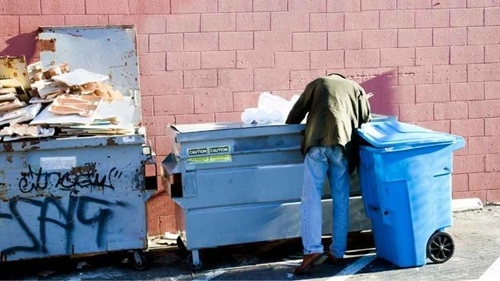No, it is not inherently illegal to buy a fake designer bag for personal use in the United States. However, it becomes a legal issue if the purchase involves knowing participation in counterfeit trade, resale, or attempts to pass off the fake bag as authentic. Additionally, counterfeit goods contribute to broader criminal activities, making the issue ethically and legally complex.
What Are Fake Designer Bags?
Fake designer bags, often referred to as counterfeit goods, are replicas of luxury handbags that imitate the designs, logos, and branding of high-end fashion labels like Louis Vuitton, Gucci, or Chanel. These bags are typically sold at a fraction of the price of genuine products and are often manufactured without the permission of the trademark owner.
Legal Framework
Personal Use vs. Intent to Sell
- Personal Use:
In most cases, buying a fake designer bag for personal use is not a criminal offense. U.S. laws primarily target those involved in the production, distribution, or sale of counterfeit goods. - Intent to Resell:
If you purchase a counterfeit bag with the intent to resell it as authentic, this constitutes trademark infringement and is illegal under federal law.
Counterfeit Goods and Federal Law
Under the Trademark Counterfeiting Act of 1984, it is illegal to produce, sell, or distribute counterfeit goods. While the law does not explicitly criminalize individual buyers, knowingly participating in counterfeit trade can lead to legal consequences.
Customs and Border Protection (CBP)
If you import a fake designer bag into the U.S. (e.g., through an international online purchase), it may be seized by U.S. Customs and Border Protection. While buyers are typically not prosecuted for small personal purchases, repeated offenses or large quantities can attract fines or legal action.
Consequences of Buying Fake Designer Bags
-
Seizure of Goods
- Counterfeit goods purchased internationally are subject to seizure at the border. If the package is flagged, you may lose your purchase without reimbursement.
-
Fines and Penalties
- In rare cases, buyers can face fines, especially if they knowingly participate in counterfeit trade. Repeat offenses or bulk purchases increase this risk.
-
Potential Civil Lawsuits
- Luxury brands may pursue civil action against buyers who resell counterfeit products. These lawsuits can result in financial damages.
Ethical and Social Implications
While buying fake designer bags may not seem like a significant offense, it contributes to broader issues:
- Economic Impact on Brands:
Counterfeit goods undermine the intellectual property rights of luxury brands, leading to significant financial losses. - Association with Organized Crime:
The counterfeit trade is often linked to organized crime networks involved in human trafficking, child labor, and other illegal activities. - Quality and Safety Concerns:
Fake bags are usually made with substandard materials and may involve unsafe manufacturing processes.
How to Avoid Counterfeit Products
- Buy from Authorized Retailers:
Purchase designer bags only from official brand stores or reputable retailers. - Verify the Seller:
When buying secondhand, research the seller’s credibility and request proof of authenticity. - Be Cautious of Low Prices:
If a deal seems too good to be true, it probably is. - Use Authentication Services:
Many online services specialize in authenticating designer bags, providing peace of mind for buyers.
FAQs
- Is it illegal to buy fake designer bags online?
- No, purchasing fake bags for personal use is generally not illegal. However, importing counterfeit goods can lead to seizure by Customs.
- What happens if Customs seizes a fake bag I ordered online?
- You may lose the item, and in some cases, receive a warning or fine. Repeat offenses could result in further legal action.
- Can I sell a fake designer bag if I disclose it’s fake?
- No, selling counterfeit goods is illegal, even if you inform buyers that the item is fake.
- Are counterfeit goods harmful to the economy?
- Yes, they cause financial losses to legitimate businesses and are often linked to organized crime.
-
How can I tell if a designer bag is fake?
- Look for signs like poor stitching, incorrect logos, low-quality materials, and suspiciously low prices. Use professional authentication services for certainty.

